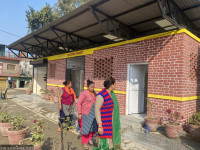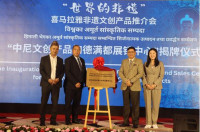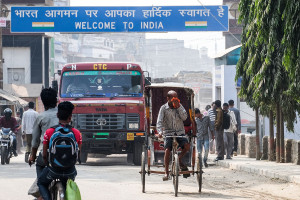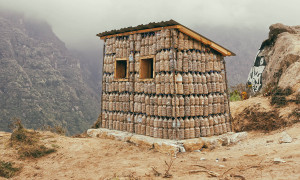Money
Disturbances in Nepal ‘hit’ Sikkim tourism
The devastating April 25 earthquake and subsequent petroleum shortage that has prompted foreign tourists to cancel their trips to Nepal has severely affected the tourism industry of India’s north-eastern state of Sikkim.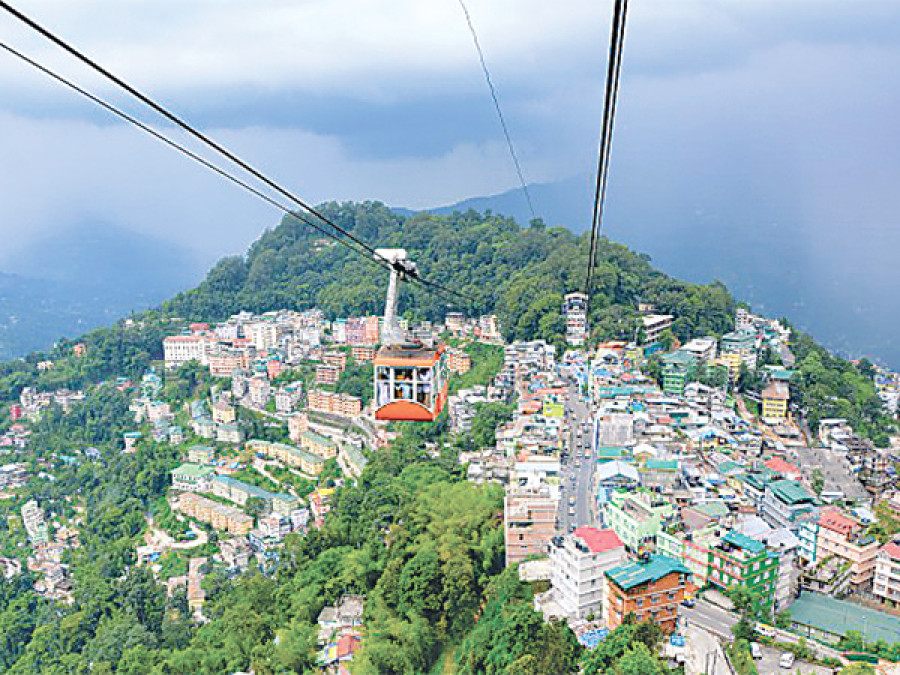
The devastating April 25 earthquake and subsequent petroleum shortage that has prompted foreign tourists to cancel their trips to Nepal has severely affected the tourism industry of India’s north-eastern state of Sikkim.
Travel trade entrepreneurs here said they have witnessed a significant fall in tourist inflow in this peak season.
Of the total adventure enthusiasts coming to Sikkim, 70 percent travel via Nepal. “Tourist arrivals here have slowed down significantly due to disturbances in Nepal,” said Surendra Kumar Pradhan, managing director at Siniolchu Group. “Every time when Nepal sees a problem, its spill over effect become visible in Indian Himalayan destinations.”
Pradhan said annually 20,000 foreign tourists travel to Sikkim via Nepal. Likewise, Sikkim is also a popular destination for Nepali tourists. More than 10,000 Nepalis visit Sikkim annually.
Meanwhile, Sikkim is likely to get its first airport next year. Sikkim Chief Minister Pawan Chamling said 80 percent of the physical work has been completed. “The airport will provide a direct connectivity to the land-locked state and also help boost tourism,” he said, speaking at the 4th International Tourism Mart in Sikkim held on Thursday. “Small aircraft like ATR can land at the airport.”
According to Pradhan, after the airport comes into operation, it would help Sikkim bring high-end tourists. “It will also be convenient for Nepali travellers as domestic airlines in Nepal could link Sikkim.”
The airport is being constructed at Pakyong, 35km from Gangtok. Currently the nearest airport is Bagdogra in West Bengal. It takes at least four hours to drive down from Sikkim to the Bagdogra airport.
Meanwhile, Chamling said Sikkim would be declared as an “organic state” by February next year after more than a decade of efforts. “There will be no use of pesticide or chemical fertilisers in farming. Crops and vegetables will be grown with organic manure.”
Chamling said this green initiative is aimed at making farming activities environmentally friendly.
In 2003, Sikkim established their “Sikkim Organic Movement 2015”, which aimed to make Sikkim a fully organic state by the end of 2015. Sikkim had banned the use of all chemical fertilisers and pest controls.
On the same occasion, Minister of State for Tourism and Culture and Civil Aviation Mahesh Sharma said not a single case of communal violence has taken place in the state for long and safety and security issues has been addressed by the state.
“With safe and clean environment, Sikkim has the potential to become an ideal tourist state. The union government will continue to work to improve transport connectivity,” he said, adding high priority has been accorded for Sikkim and other northeast states for the promotion of India’s tourism.




 10.12°C Kathmandu
10.12°C Kathmandu

